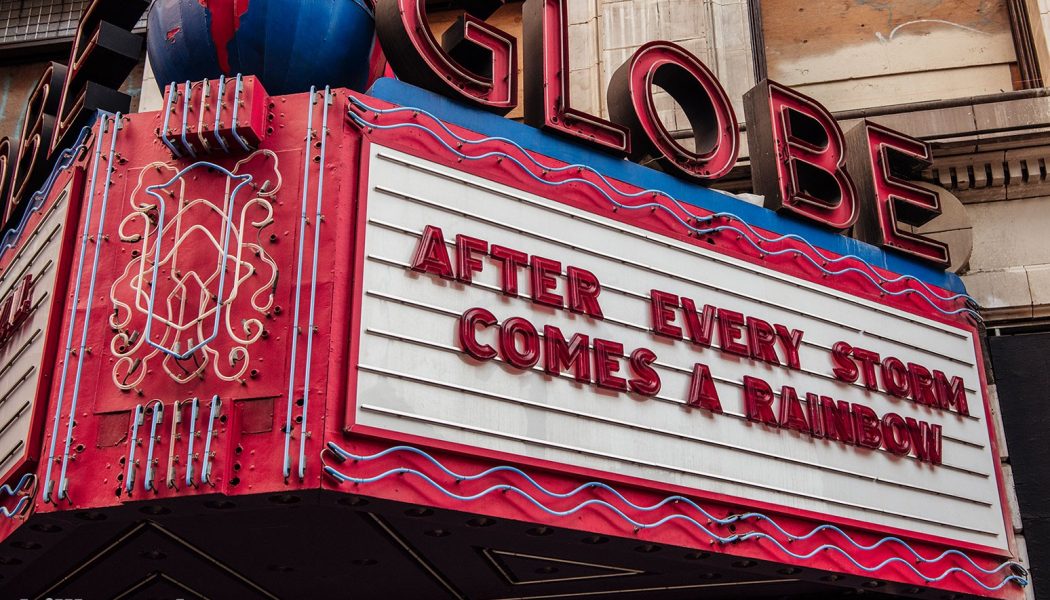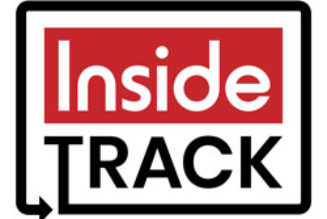
Who is eligible?
The SOS Act was initially intended to solely support independent music venues when it was introduced in the summer of 2020. By the time it passed passed as part of the stimulus package in December, the now-called Shuttered Venue Operators (SVO) Grant program includes $15 billion for live performance venue operators and promoters, performing arts organizations, theatrical producers, talent representatives, motion-picture theatre operators and non-profit museums. Subsidiaries of these organizations can also be eligible.
Businesses that fall under those categories must have been fully operational as of Feb. 29, 2020 and planning to continue operations in the future. In order to be eligible for the grant, the entities must be able to show at least 25% gross revenue loss in any one calendar quarter of 2020 compared with the same calendar quarter of 2019. If a venue was not operational for all of 2019, it can still be eligible based on its revenue from the time it was open.
Who is not eligible?
The grant is intended for independent operators, so businesses that are majority-owned by, or controlled by, a publicly-traded corporation are not eligible. If the entity owns any of the eligible businesses in more than one country or more than 10 states, it also does not qualify for the grant. If the business had more than 500 full-time employees as of Feb. 29, 2020 then it is also not eligible.
Any business that received more than 10% of gross revenue from federal funding during 2019 would also be denied for the grant. The business also cannot offer performances, services, or goods of an excessive sexual nature — a la strip clubs — and still receive the funding.
According to a Small Business Administration webinar hosted on Jan. 14, entities that applied for Paycheck Protection Program (PPP) funding after Dec. 27, 2020 are also not eligible.
When can you submit an application?
The SBA is still working on implementing the application process and is attempting to roll it out as soon as possible.
“Please understand that the SBA is still in the process of setting up this grant program and it’s not yet accepting applications,” a representative from the SBA said on a Jan. 14 webinar. “When we are prepared to open the application window, we’ll be sending out a lot of information through SBA social media channels. We’ll issue a press release to notify stakeholders as soon as we have a firm date.”
The representative added that the grant will be posted on grants.gov and, ahead of the applications being opened, the SBA will hold a pre-application informational session webinar.
In promising news for the most dire venue operators, though, the first two weeks of applications are reserved for entities for which total revenue from April 1, 2020 through Dec. 31, 2020 was 10% or less of their 2019 gross revenue for the same period. Essentially, those hit the hardest will get funded the quickest.
Following the initial two weeks, entities for which total revenue between April 1, 2020 through Dec. 31, 2020 was 30% or less of their 2019 gross revenue for the same period will have priority to apply for the following two weeks (days 15-28 of applications being open).
After four weeks of application acceptance by the SBA, any eligible entity can apply for an initial grant. At least 20% of the federal allocation funds will be held for grants submitted after the first 28 days.
After these rounds of applications, businesses will also be able to apply for supplemental grants if funds still remain. A second grant equal to 50% of the initial grant amount may be awarded to entities still experiencing 70% earned revenue loss when comparing the first quarter of 2021 with the first quarter of 2019. Businesses are eligible for a maximum of $10 million split between initial and supplemental grants.
What do you need to be prepared to submit?
At the Jan. 14 webinar, an SBA representative asked that applicants “please start by pulling together information about your monthly revenues and a list of how you would use funds if awarded them,” adding, “remember that you have SBA district offices across the nation as well who are prepared to work with you throughout this process.”
Initial SVO grants can be equal to 45% of 2019 gross earned revenue. Venues should have records to demonstrate their earnings from both 2019 and 2020 prepared to submit when their application period opens. Accrual accounting should be used to determine revenue and businesses should also be able to show that they meet certain requirements, such as:
— Having mixing equipment, a public address system and a lighting rig
— Working with one or more individuals who are sound engineers, bookers, promoters, stage managers, security or box office managers
— Events produced mainly by paid employees
— Performances marketed through media
— Events primarily ticketed or featuring a cover charge
Entities that opened after Jan. 1, 2019 will need to calculate the business’ average monthly gross revenue for each full month it was in operation during 2019, then multiply it by six to determine their eligible funding amount.
What can the funds be used for?
Funds received through the SVO grant can be used for payroll costs, rent payments, utility payments, mortgage payments, debt payments, worker protection expenditures, payments to independent contractors not exceeding $100,000 per contractor, administrative costs, operating leases, insurance payments, costs associated with putting on shows and ordinary business costs, including maintenance.
The funds cannot be used to buy real estate, make payments to loans originated after Feb. 15, 2020, make investments or loans or make contributions to any political party or candidate.
According to the SBA, grantees will be required to maintain documentation demonstrating their compliance with the eligibility and other requirements of the SVO Grant program. Grantees must retain employment records for four years following their receipt of a grant and retain all other records for three years. These records will be reviewed to determine fraud, noncompliance, or misspent funds.
For more information, visit the SBA’s SVO-specific site right here.










